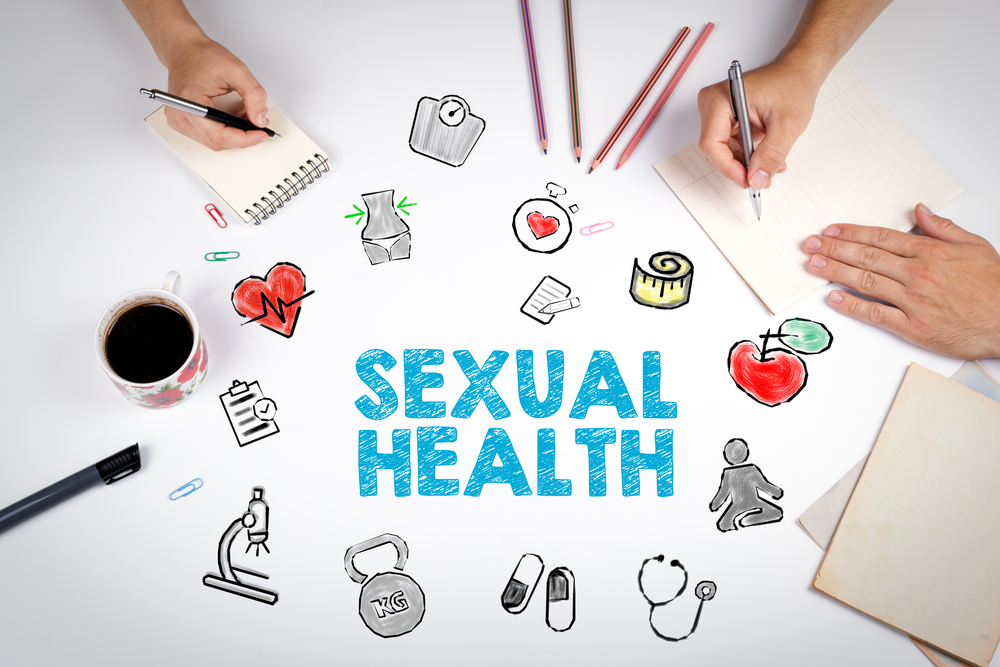In honor of STD Awareness Month this April, the reproductive healthcare experts here at Gynecology Associates of Gwinnett wanted to take some time to discuss this pertinent topic. More specifically, we wanted to focus on how some of the most common STDs (also known as sexually transmitted infections or STIs) can be treated. Recommended treatment options can vary depending on the specific STI and each woman’s unique circumstances. However, the end goal is always the same: to minimize symptoms and get each woman back to full health as quickly and easily as possible.
Chlamydia
Women who experience chlamydia symptoms may include a burning pain during urination or an abnormal vaginal discharge. Chlamydia is easily spread because many people who have been infected display no obvious symptoms or effects. In most cases, chlamydia is spread by sexual contact with someone who has the infection. If left untreated, chlamydia can seriously affect a woman’s reproductive system and lead to fertility issues and chronic pelvic pain. Thankfully, it can often be treated rather easily with simple oral antibiotics. Some women with more severe cases of chlamydia may require hospitalization and intravenous antibiotics.
Human Papillomavirus (HPV)
HPV is the most common STI in the US. Women who do not receive an HPV vaccination by age 26 may be vulnerable to this virus. However, the FDA recently approved a new HPV vaccination that is safe for women up to age 35. Some people with HPV may experience genital warts or warts on their hands, feet, or face. The virus is commonly spread during vaginal or anal sex. It can be passed by an infected person with no visible symptoms. HPV is a leading cause of different gynecological cancers including cervical, vaginal, vulvar, anal, and oropharyngeal cancer. In cases where HPV leads to genital warts, these can be treated with topical medications (or surgery in some cases).
Gonorrhea
Gonorrhea can affect both men and women, but it is more common in women. The infection passes from person to person through unprotected oral, anal, or vaginal sex. Like chlamydia, many women with gonorrhea experience very minor symptoms or no symptoms at all. Common gonorrhea symptoms for women include burning during urination, abnormal vaginal discharge, and irregular bleeding. If left untreated, it can lead to increased HIV risk, infertility, and joint pain. Gonorrhea is also treated with antibiotics, however, certain strains of gonorrhea may be resistant to antibiotics. In these cases, a combination of medications may be required to successfully treat the infection.
Genital Herpes
Herpes is a viral infection that can cause outbreaks of sores and blisters on the lips, genitals, or anus. Herpes can be easily spread by skin-to-skin contact with someone who has the virus. Although genital herpes cannot be fully cured, there are medications that can significantly reduce the severity and frequency of outbreaks while also making the virus less contagious. These treatments include antiviral therapy to reduce cold sores. Some women are recommended to only take medication if they experience a flare-up (intermittent therapy) while others who experience more common outbreaks may be recommended to use a daily regimen of their medication (suppressive therapy).
Preventing, diagnosing, and effectively treating STIs are critical aspects of maintaining good sexual and overall health. Although this topic may seem embarrassing or intimidating to discuss, it’s important to be open and honest with your board-certified gynecologist in order to ensure the best possible care and treatment. For more information on STIs or to request an appointment, please contact Gynecology Associates of Gwinnett today. And follow us on Facebook and Twitter for additional tips, news, and more.


